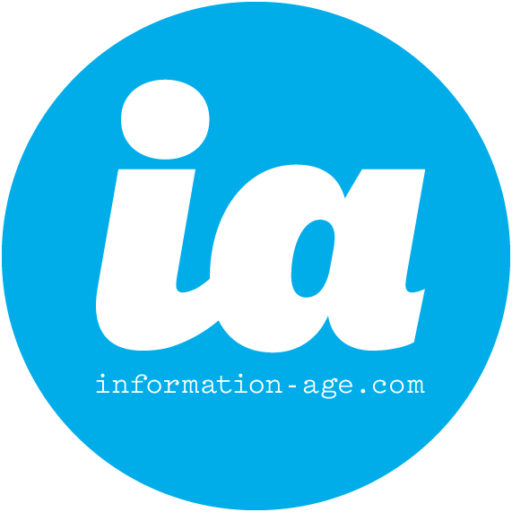IN sensor networks of old, the data produced by, for example, heat or humidity sensors would remain in closed networks, accessible only by the organisation that runs the network.
The basic principle of the 'Internet of things' is that sensor data should in fact be openly available for integration with other data sets and for independent application developers to use to build new, innovative systems.
Pachube is a UK-based company that provides real-time data infrastructure for the Internet of things. “We make it very easy for devices to publish to the web in a format that's easy for people to understand,” explains founder Usman Haque. “We also make it very easy for application developers to build things on top of all that data.”
“Essentially, Pachube is bit like Twitter for machines,” he says.
The pitch to sensor manufacturers is as follows: “If you’re a manufacturer, all you have to do is write a little bit of firmware which goes on your device, and we’ll take care of the rest. On the input end, we've got a standard interface for handling data in a variety of formats, and at the other end, we can convert that data into formats such as JSON, which is very popular among web developers.”
One sensor maker that uses Pachube is Current Cost. Another UK company, it makes home-based energy monitors that allow customers to track their consumption, either on the device or via a web-based portal.
Interesting Links
Connect the nation – Can the UK overcome sector fragmentation to build an ‘Internet of things’ industry?
Haque says that Current Cost's customers would often ask the company for access to a raw copy of their consumption data. “They wanted to be able to download the data, maybe to put it into a spreadsheet or use an application to calculate their carbon footprint,” he says. “They would assume they owned that data.”
This was not really the case, however, until the recent launch of OnBoard, a Pachube service that allows its customers' customers, the people that have installed sensors in their homes, to access the data produced by those sensors in its raw form.
Not only that, Haque says, they can make their consumption data available to third party application developers on the Pachube platform. They can even control third party access to their data on the basis of, for example, the developer's geographical location or the time of day.
This, Haque believes, points to the true potential of the Internet of things – where consumers are in control of the data that sensors are collecting about them. “This is where the open data movement is taking our industry,” he says.
This desire to see consumers empowered to control data about them was boosted recently when Pachube was acquired by remote access technology supplier LogMeIn. “They have a great track record of making complex technology usable by normal people, and of making money from products that are free for most users,” says Haque.
But the pursuit of this vision places Pachube at the centre of some the thorniest information-related questions that society is currently pondering. How should the benefits of data sharing to the community be balanced against the individual's right to privacy? And can commercial organisations profit from data when the subject of that data is in control of its use?
These are issues that Pachube and its developer community are wrestling with. In March 2011, Haque proposed a 'Bill of Rights' for the Internet of things – a set of principles that he believes should be upheld, such as 'people own the data they or their things create' and 'people have the right to delete or backup their data'.
“There's been a long debate in the community, and it’s still in flux,” says Haque. “But we hope to get it all agreed upon in the next three months.”
Haque expects the number of sensor devices available on the consumer market, from air quality sensors to the heart monitors, to explode in the coming years. If he succeeds in his ambition for Pachube to become the information infrastructure for all these products, the principles the community decides to uphold could be hugely influential.










